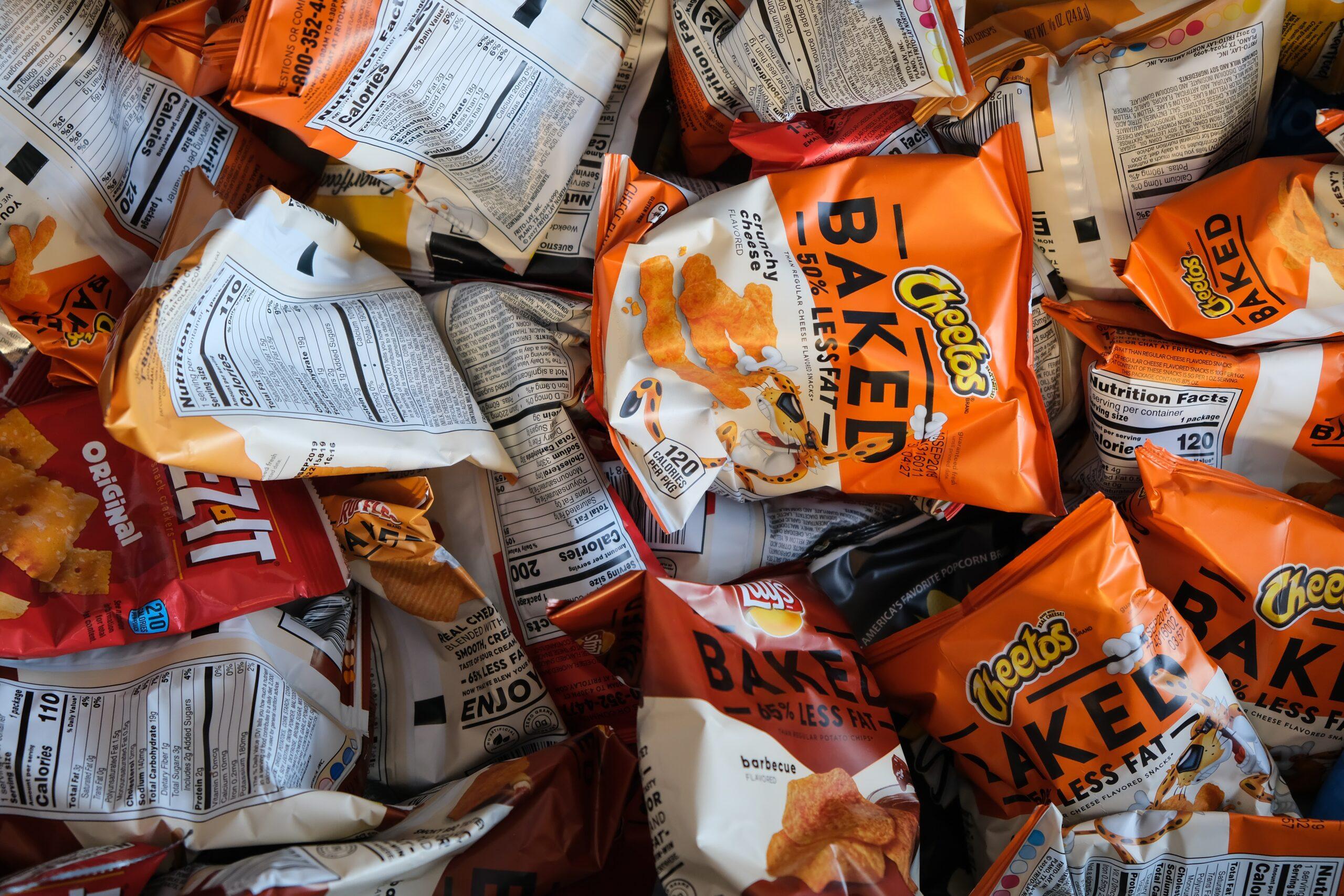For decades, people have been told “you are what you eat,” and when it comes to your hair the statement could not be more relevant.
Long, lustrous hair indicates a healthy balance within your body. And since not all diets are created equal, here are tips to get luscious and healthy locks.
- Take a Hair Vitamin. There are some nutrients you just can’t fully get from foods. Hair vitamins contain a high amount of amino acids (proteins) derived from marine origin extracts along with vitamin C.
- Stay Hydrated. Drinking eight 12-ounce glasses of water a day is vital to building the foundation for healthy hair. When hair becomes dehydrated, it can develop problems with dandruff, become brittle and require additional styling products. Resist beverages that are known to dehydrate, like those high in fructose corn syrup— soft drinks are the biggest culprits.
- Get Plenty of Calcium. Consuming an adequate amount of calcium in your daily diet promotes hair growth and strengthens locks. Calcium in the form of dairy products that are low in fat are the best choice, as well as leafy green vegetables.
- Eat Your Protein. Because your hair is made of protein, a protein deficiency can cause a loss of hair color and brittle tresses. Many of my patients arrive with weak hair, usually a telltale sign of a protein deficiency. Once I get them on the right track nutritionally, they see improvements in their hair. I recommend incorporating lean protein, such as chicken and beef, into your diet.
- Ingest Healthy Fats. Essential omega-3 fatty acids are important for a healthy scalp. People who consume few essential omega-3 fatty acids can experience brittle, dry hair and eventually hair loss. Try eating fish, nuts and healthy fats like olive oil to maintain a good balance.




